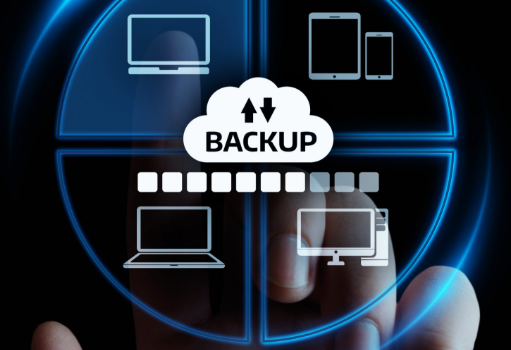
While businesses today are more aware of cybersecurity than ever, many still underestimate one of their most important defenses: a reliable backup strategy. Despite mounting threats like ransomware, data backups often remain a secondary consideration—until a crisis strikes.
Ransomware: A Growing Threat with Severe Consequences
Among the many types of cyberattacks that plague businesses, ransomware continues to be one of the most damaging. It works by encrypting your files and rendering them unusable, often spreading across an entire network. In some cases, it goes as far as deleting files altogether. Victims are then faced with a painful decision—pay the ransom or lose their data.
What makes ransomware especially dangerous is how easy it is to trigger. Often, all it takes is one click on a malicious link in a phishing email. Once activated, there’s usually no turning back. At that point, your only safeguard is having a recent and intact backup.
Backups: The Most Effective Line of Defense
Having a solid backup policy is essential for any business hoping to recover from ransomware or system failure. But relying on employees to handle this manually isn’t practical. Between time constraints and lack of technical expertise, it’s easy for backups to be incomplete or outdated.
A proper backup system ensures you always have access to the most recent versions of your critical data—whether that’s invoices, customer records, website files, email archives, or application code. This safety net is vital when your regular defenses, like secure passwords, HTTPS, and multi-factor authentication, aren’t enough to stop an attack.
The Role of Automation and Cloud Backup
Manual backups—like saving files to a USB drive or external hard disk—are better than nothing, but they’re also risky. Files can be forgotten, corrupted, or improperly stored. This is why automated solutions have become the standard.
Automated backup services, particularly those based in the cloud, offer a more dependable and scalable approach. These systems can be configured to save your data at regular intervals, ensuring you always have a recent restore point. Cloud platforms also enable offsite storage, so your backups are safe even if your local systems are compromised.
Another advantage of cloud backups is flexibility. You can maintain multiple versions of your data, giving you options if a backup becomes unusable. You can even combine cloud storage with traditional options like tape or optical media to create a robust hybrid backup plan.
Planning Ahead: The Key to Business Continuity
Many businesses only realize the importance of backups after suffering a loss. But waiting until disaster strikes is a costly mistake. Automated, cloud-based backup systems provide peace of mind by protecting your data from ransomware, hardware failure, accidental deletion, and more.
By integrating scheduled backups, secure cloud storage, and professional-grade recovery tools, you ensure that your company can get back on its feet quickly—without sacrificing customer trust or operational momentum.
In a digital world full of unpredictable threats, a strong backup strategy isn’t optional. It’s an essential part of protecting your business and ensuring long-term resilience.












